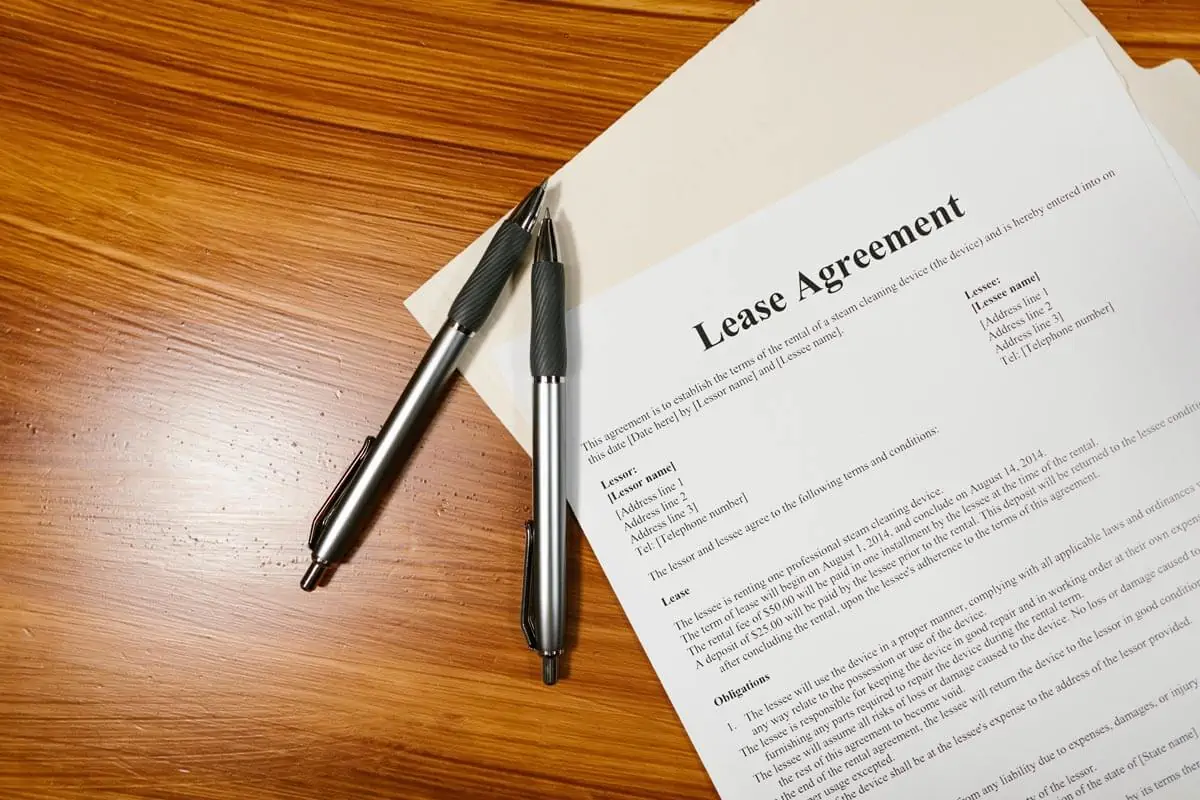Buying and owning a real estate property is everybody’s goal in life, especially with the growing real estate industry in the Philippines. After saving enough money, you’re now ready to select and locate your dream property such as a condominium. But paying for it and moving in is not just the process that you have to undertake.
Part of owning a property includes being in the know of legal property and real estate laws, as well as the right legal documents that can help you know your rights, as well as the right legal documents that can help you know your rights, along with the proper regulations if ever there’s an unfortunate event that you have to deal with. Remember that it’s always good to be prepared, and being knowledgeable about the law is one way of doing so.
 Photo courtesy of Kampus Production via Pexels
Photo courtesy of Kampus Production via Pexels
It is indeed practical to have an experienced real estate attorney to give you legal advice about real estate in the Philippines and everything you need to know such as legal terms in real estate. But still, nothing beats the idea of being informed and having the right information that you need about your home and land property. After all, these law are meant to protect you as the buyer or owner of the property. Here are some existing real estate laws in the Philippines that you have to keep in mind.
1. Paying For The Right Rental Price
 Photo courtesy of RODNAE Productions via Pexels
Photo courtesy of RODNAE Productions via Pexels
When renting a condo unit, no one wants to rent an overpriced unit. Especially with the fastest growing home prices, one would definitely opt to rent instead. You do want to get the real value of what you are paying for. Republic Act No. 9161, also known as the “Rental Reform Act of 2002” is an act which establishes “reforms in the regulation of rentals of certain residential units providing the mechanisms therefor and for other purposes”. The act regulates rental prices to ensure that there is no overpricing between the renter and owner of the unit.
The act was revised in 2005, which is known as the approved “Rent Control Act of 2005” now covers properties in the National Capital Region and urbanized cities which have rent prices not exceeding P10,000 a month, and all residential units in other places where the rent does not exceed P5,000.
Only 10 percent annual increase is allowed for any rental unit as long as the same person or group of people occupies the unit. The lessor or owner can only have a new rental price once the unit is vacant and the next lessee is already available to move in.
A clear rental payment scheme and advance rent, which are required before moving in and upon contract signing, is also detailed on the revised bill. Alongside this, the residential tenancy law in the Philippines can help you on your rights as a renter before finalizing your plans on renting a condo unit.
2. Regulating Condo Sales and Its Penalties For Violations
 Photo courtesy of Kindel Media via Pexels
Photo courtesy of Kindel Media via Pexels
Also known as “The Subdivision and Condominium Buyers’ Protective Decree”, Presidential Decree No. 957 (P.D. 957) aims to help buyers know their real estate rights, especially if the sellers and developers seem to be engaged in fraudulent activities. This is primarily important, since most sellers will do any scheme just to sell their condominiums and land properties such as false advertisements telling that there is “no down payment”. Developers should only present real facts in their promotional materials when selling their units. “No down payment” simply means that no lump sum money is required to pay for the unit since the down payment price is distributed among the allowable term set by the developers for their condo project.
If your developer or seller reverses their registration certificate and their license to sell, you can file a complaint, provided it is under the grounds of having a bad business reputation, being involved in fraudulent transactions, and does not conduct their business practices according to the law.
A common problem of most buyers is the delayed turnover of their condominiums. P.D. 957 states that buyers can halt their payment after giving due notice to the developers and acquiring clearance from the Board, and they can also ask for the reimbursement of their total payment including amortization interests.
3. Condominium Rights
 Photo courtesy of Verawood Residences, DMCI Homes
Photo courtesy of Verawood Residences, DMCI Homes
“The Condominium Act”, also known as the Republic Act No. 4726 (RA 4726) is an act “to define condominium, establish requirements for its creation, and govern its incidents”. Enacted on June 18, 1966, this act allows people the right to co-own lands, aside from their absolute ownership of their unit. This act further explains the extent of their influence when it comes to the unit that they purchased. The rights of the buyers are well-explained to ensure that developers or sellers do not abuse or mislead them when it comes to their units.
Included in the provisions are common areas regulations, and the exclusive rights of a condo owner, such as refinishing or decorating his own unit, and to sell or dispose his unit unless there is a master deed which indicates that the property must be offered to other unit owners before it is offered to other interested buyers.
The act also allows foreign nationals to acquire units, as long as they do not own the land where their unit is built.
4. Protection On Installment Payments
 Photo courtesy of Karolina Grabowska via Pexels
Photo courtesy of Karolina Grabowska via Pexels
Republic Act No. 6552, also known as the “Realty Installment Buyer Protection Act” and more commonly known as the “Maceda Law” is an act to protect real estate buyers with regards to installment payments. Since installment payments and real estate transactions need to have a clear set up between the buyer and developer, the real estate law in the Philippines clearly states the time frame when the installment payments should be made. The law also states that the seller can cancel contract if the buyer is not able to settle the installment payments once the grace period expires after the buyer receives the notice of cancellation. This is to protect the seller’s interest in case the buyer decides to back out from the contract.
5. Real Property Taxation
 Photo courtesy of Tara Winstead via Pexels
Photo courtesy of Tara Winstead via Pexels
As an owner of a condo unit, you also need to be aware of the proper taxes that you need to settle. Former President Ferdinand Marcos enacted Presidential Decree No. 464 to implement a real estate tax code.
This law gives a clear rundown of how real properties should be assessed and appraised for tax purposes. It should only be appraised at the current and fair market value, it should be uniform in each location, and the property will be assessed based on its use. No private person can assess, appraise or collect real property taxes. The assessment aims to have proper distribution of the tax burden of real estate properties.
By being aware of your rights and the laws with regard to the real estate market in the Philippines, you are well-equipped with the right information that you need as a condo owner or a condo renter. This will help you attain a peaceful mindset and can help you deal with property problems the right way should unfortunate circumstances arise.
Key Takeaways
When it comes to real estate in the Philippines, there are certain laws and regulations that need to be followed. These laws are put in place to protect both the buyer and the seller, and to ensure that all transactions are fair and transparent.
- Keep in mind that all real estate transactions in the Philippines must be registered with the Register of Deeds. This is to ensure that the property is transferred legally and that all the necessary documents are in order.
- Ensure that the seller must disclose any and all information about the property, including any defects or issues that may affect the buyer's decision. Remember that the buyer has the right to conduct a thorough inspection of the property before making a purchase.
- All contracts must be in writing, and both the buyer and the seller must sign them. This is to prevent any misunderstanding or disputes down the road. The contract should also be notarized by a public notary.
Following these real estate laws will help to make sure that your transaction is smooth and hassle-free. It is always better to be safe than sorry, so make sure that you are familiar with the laws before making any decisions.
To learn more about DMCI Homes pre-selling and ready for occupancy projects, units for lease, and special promos, log on to www.dmcihomes.com or call (632) 5324-8888. You can also check out https://leasing.dmcihomes.com/ for currently available condos for rent.
For news and other updates, check out our social media accounts on Facebook, Twitter, Instagram, and YouTube.








